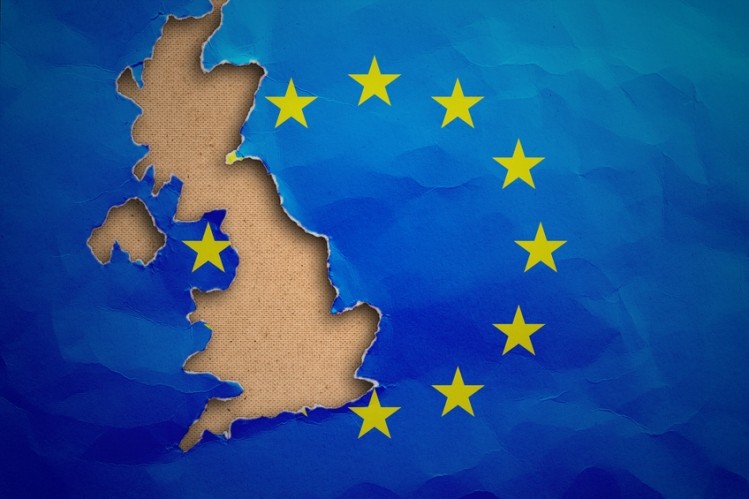'Very little appetite' amongst consumers for post-Brexit food regulation changes

“The initial assessment of consumer opinion suggests a high level of satisfaction with current food safety and food standards requirements and very little appetite for change,” the report for Food Standards Scotland (FSS) reads. “That is not an argument for the status quo necessarily, but suggests a need for government to consider how best to prepare for consumer engagement on issues affecting the regulation of food.”
The new paper does not speculate on the pros and cons of any particular outcomes, but the findings provide more detail on consumer views, preferences, aspirations and concerns in relation to food and Brexit.
At the very least the expectation is that regulation of food production would stay the same: “Overall there was a strong desire to see absolutely no reduction in regulation or standards in the UK when it leaves the EU.”
The thought of reducing standards was also “deeply unpopular” across all six of the focus groups conducted by Kantar TNS. As well as potentially putting public health at risk, change was also seen as “disruptive and costly to businesses”, the researchers noted.
Import concerns
The possibility of permitting imports from non-EU countries that worked to different or lower standards was identified as a risk – however only a minority said it was “worrying”. There has been no indication that standards will slip post Brexit but the UK will have to look further afield for food.
No specific food policies have been released, but there are suggestions the UK government may be looking to withdraw farm subsidies (currently paid through the EU’s Common Agricultural Policy) and rely more heavily on imported food. This has sparked concerns that food standards could fall – a deal with the US, for example, could flood the market with food people don’t want.
The Prime Minister Theresa May has clearly stared that the UK is open for business, and this “accelerated pace of change” in relation to imported food could also create headaches for the likes of the FSS, Kantar warned. The ability to provide evidence-based information and advice in an accessible format, for instance, could prove challenging.
Hand on the Brexit door
The UK government confirmed this week that it would file its notice to leave the bloc, under article 50, on Wednesday March 29.
In Scotland, the government announced that it would be seeking a second independence referendum to split from the rest of the UK. This would take place once the UK’s Brexit deal was in place but before the country exits the Union. Scotland's First Minister Nicola Sturgeon said the vote would protect Scottish interests.
What’s not clear, however, is whether an independent Scotland could rejoin the EU quickly, which could have serious consequences for its food and drink exporters. Figures published last week show an 8% increase in the value of Scotland’s food and drink exports last year to €6.35bn (£5.5bn).
"We shouldn't have to face the choice between remaining as part of the UK and the EU single market,” explained rural economy secretary Fergus Ewing. “The pursuit of a hard Brexit is a major threat to this success and these figures show why we must work to protect Scotland’s place in Europe.”
























